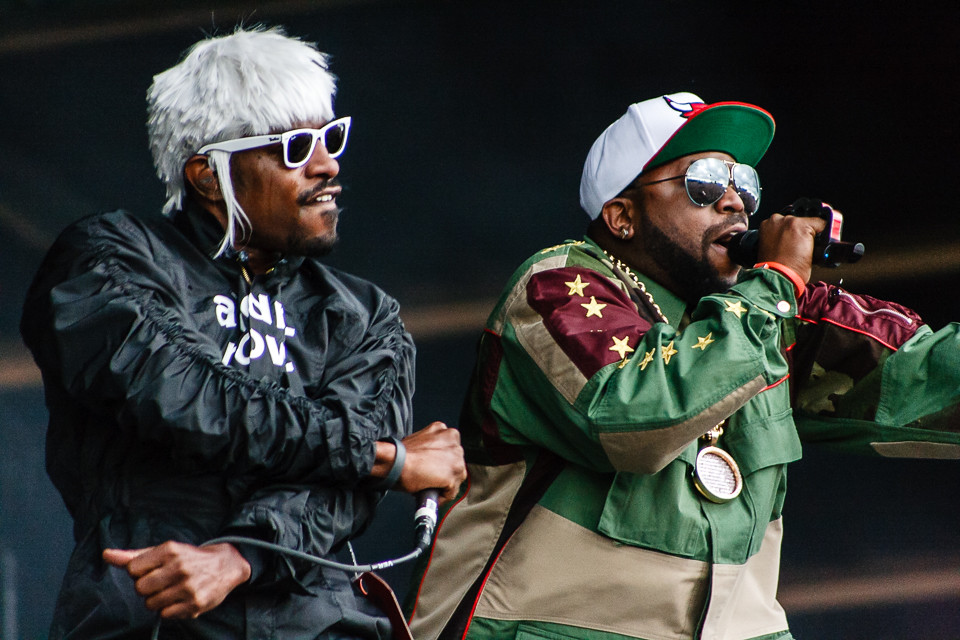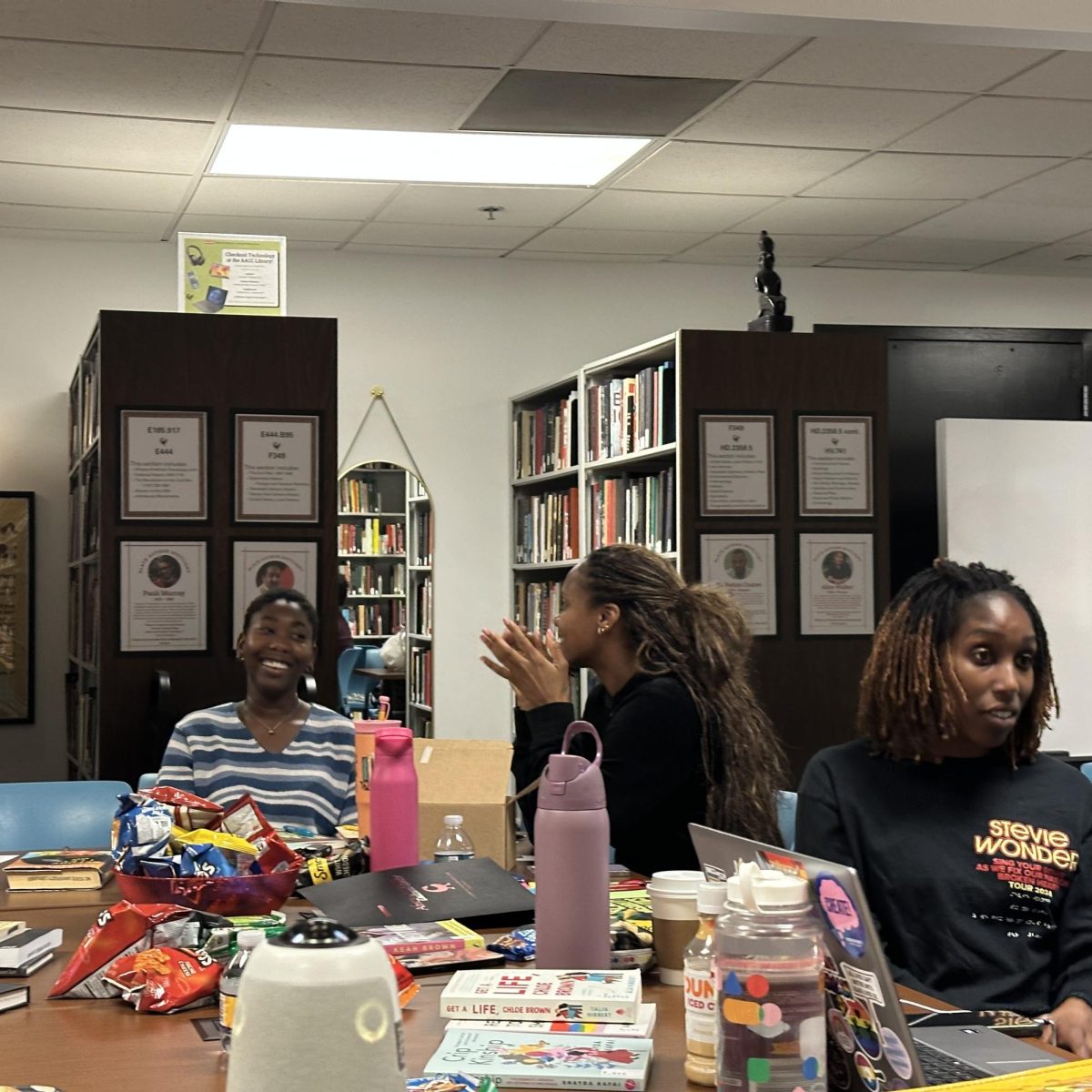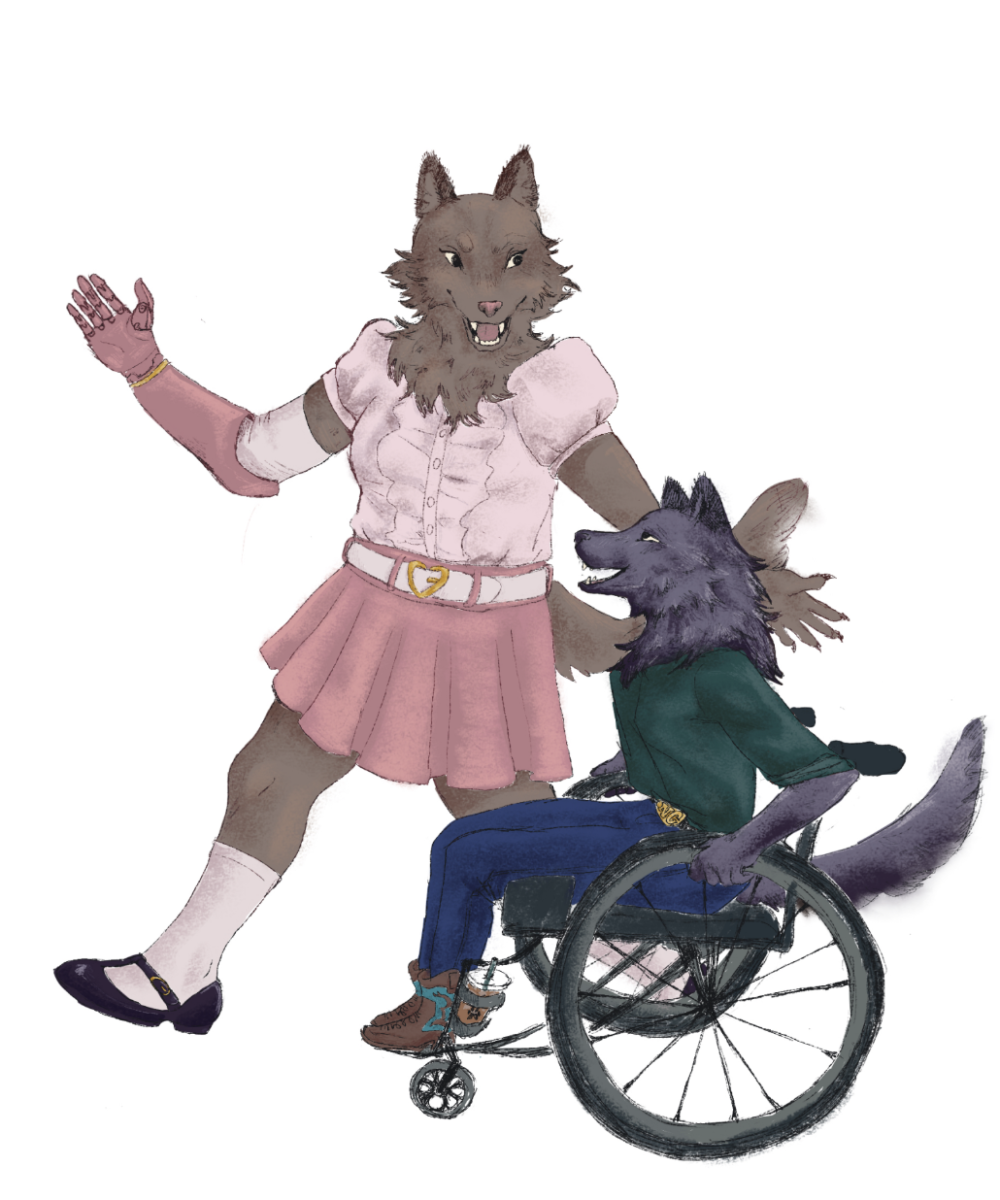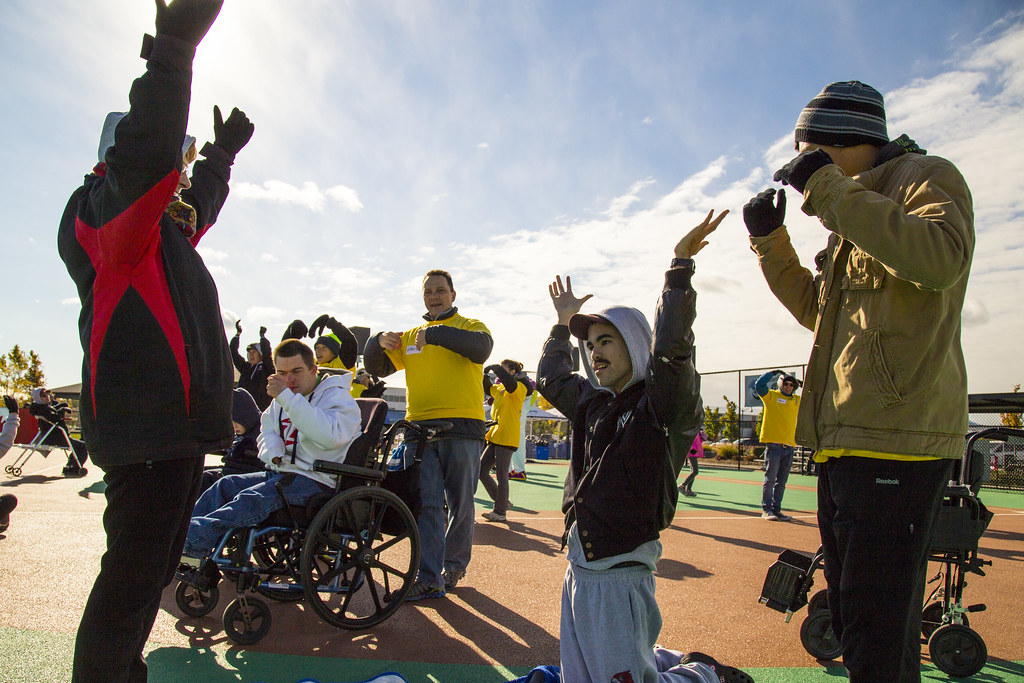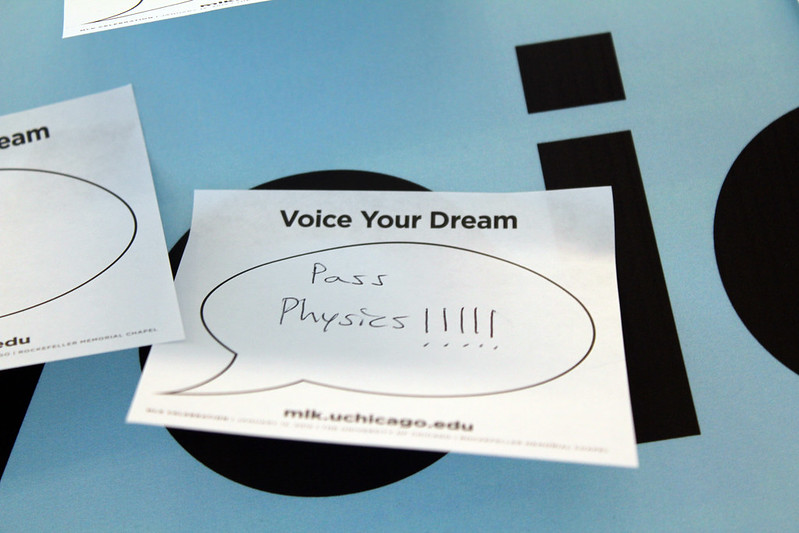Hip-hop, a cultural revolution from the Bronx, NY – is characterized by the rise of Djing, emceeing, beatboxing and B-boying. The musical genre became a way of expressive storytelling, fiercely molded by regional rivalries.
The height of feud culture can be pinpointed to 1994-1997 between Bad Boy records in the East and Death Row Records on the West Coast. While at each other’s throats the hip-hop community was not only captivated, but unwilling to recognize the talent taking root in a third region.
Throughout the 1980s, the South was looked down on by other regions and often made fun of. The Southern lifestyle was seen as country and many equated Southerners with being intellectually inferior. Regardless, the South was cooking up their own sound, waiting for the opportunity to make it out. It’s about time to reintroduce y’all to the Dirty South and its lasting legacy on hip-hop.
Miami
When hip-hop hit Miami, it took the form of Miami bass — a subgenre characterized by a repetitive call-and-response structure with heavy bass and synthesizers. Miami bass reshaped Miami’s club scene and often incorporated Cuban, Haitian and other Caribbean sounds reflecting the immigrant communities present in Florida.
Luther Cambell, otherwise known as ‘Uncle Luke,’ is credited with bringing Miami Bass to mainstream music.
Uncle Luke was one of the founding members of the hip-hop group 2 Live Crew. Known for their sexually explicit content, 2 Live Crew was heavily criticized by conservatives. Many claimed 2 Live Crew’s music was unsuitable for young people.
As the leader of the group, Luke pushed the boundaries of what was deemed acceptable in lyricism. Following the release of their 1989 album “Nasty As They Wanna Be,” Boward County Sheriff, Nick Navarro, filed obscenity charges against the record. Navarro would go on to obtain a probable cause ruling, eventually leading to an official obscenity ruling from the federal court. “Nasty as I Wanna Be” became the first record in American history to be deemed obscene on a federal level.
The ruling allowed for the police to seize all of 2 Live Crew’s records and permitted the arrest of any of the group’s members if they performed their music. Despite the threat of jail time, 2 Live Crew would go on to perform, which ultimately landed them back in the courtroom. After being acquitted, Uncle Luke once again fought back against the initial obscenity ruling.
“This ain’t about me. This ain’t about 2 Live Crew. It’s about Hip-Hop… I know if I leave this case on the books, that it will be no other rapper able to sing explicit lyrics.” he said.
And he succeeded. The 11th Circuit Court overturned the ruling and deemed “As Nasty as They Wanna Be” to be protected under the First Amendment.
Houston
Down in Houston, hip-hop took an entirely new form gaining a reputation as “The City of Syrup”. DJ Screw, the pioneer of Screwed and Chopped, was taking hip-hop to a new tempo. Known for the psychedelic feeling his music evoked, “Screw started a revolution,” DJ Michael “5000” Watts – a contemporary of Screw – said, “He slowed it down and chilled it out when all the other cats were trying to go faster, harder.”
Similarly to Uncle Luke in Miami, the Geto Boys in Houston were also pushing the boundaries of acceptable lyricism. Using the ‘syrup’ style developed by DJ Screw, the Geto Boys often spoke of violence and dark subject matter. “The Dirty South” itself was a term initially used by the Geto Boys and eventually adopted by the rest of the South.
Memphis
The Memphis scene really began with DJ Spanish Fly. Known for electro, 808 heavy beats, Fly’s music tended to adopt dark and menacing undertones that were further developed by DJ Squeeky. Their sound completely revitalized the Memphis club and roller rink scenes, leading to the creation of Buck — a blend of soul, funk and gospel, associated with dance styles such as jookin’ and stomping.
As Squeeky’s beats gained traction, he became the go-to producer for local MCs such as 8Ball and MJG, Kingpin Skinny Pimp, Tom Skeemask, and Criminal Manne. He also heavily influenced the hip-hop group Three 6 Mafia.
Atlanta
Today, Atlanta is the epicenter of all things hip-hop, but it wasn’t always that way. It all begins with hip-hop duo Outkast. At the 1995 Source Awards held in New York, Outkast won Best New Rap Group following the release of their album “Southernplayalisticadillacmuzik.”
Met with a crowd of boos from the audience, Andre3000 and Big Boi took to the stage to accept their award. While Big Boi kept his speech cordial, Andre3000 addressed the disrespect head-on, “It’s like we got a demo tape, but don’t nobody wanna hear it, but it’s like this: The South got something to say. ”André 3000’s acceptance speech became a catalyst for Southern artists to truly break into mainstream hip-hop on a global scale.
Southern hip-hop artists have a unique perspective. Living through the aftermath of the confederacy, Southern hip-hop told a story of perseverance and unity. What made Atlanta particularly stand out was the camaraderie and family amongst artists. This is most notable with Rico Wade and his production trio Organized Noize, who would host Atlanta’s up-and-coming artists in his mother’s unfinished basement. This conglomerate of artists would come to be known as the Dungeon Family.
Jimmy Brown recalls his son, Sleepy Brown’s, time at the dungeon, “They would go there, they would record, they would go to sleep there. They wake up, they eat and then start recording again.” There would be no Goodie Mob, OutKast, Killer Mike, Janelle Monáe or Future as we know them today without Organized Noize and the Dungeon Family. Known for their lack of sampling, Organized Noize prided themselves in making their own sound and collaborating with artists to create every musical element whether it be for keys or vocals.
When Outkast gained recognition for “Southernplayalisticadillacmuzik,” it was a win for the entire family, because everyone was featured to some capacity on it.
“That first Album was everybody’s album. Everything that everyone had learned in their individual things, put into one pot,” said Sleepy Brown.
The idea was that once one of them got recognition, it was only a matter of time before they all made it. This mentality would prove to become a cornerstone of the Dungeon Family’s success and ultimately put Atlanta on the map.
The influence of Southern Hip-hop can be felt in every facet of modern day hip-hop. Uncle Luke and the Geto Boys have opened doors for all hip-hop artists regarding censorship. DJ Screw, DJ Spanish Fly and Organized Noize have revolutionized production. From Bounce to Buck, Crunk to Trap, The Dirty South has diversified hip-hop, leaving a legacy that can still be heard today.

